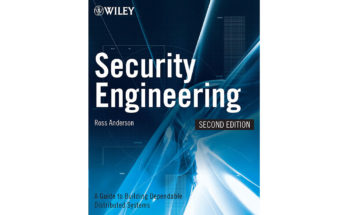
Metrics That Matter
Communications of the ACM, April 2019
By Benjamin Treynor Sloss, Shylaja Nukala, Vivek Rau
“One of the most important choices in offering a service is which service metrics to measure, and how to evaluate them. The difference between great, good, and poor metric and metric threshold choices is frequently the difference between a service that will surprise and delight its users with how well it works, one that will be acceptable for most users, and one that will actively drive away users—regardless of what the service actually offers. … What follows are the types of metrics the Google SRE team has adopted for Google services. These metrics are not particularly easy to implement, and they may require changes to a service to instrument properly. It has been our consistent experience at Google, however, that every service team that implements these metrics is happy afterward that it made the effort to do so.”
Metrics That Matter Read More

















